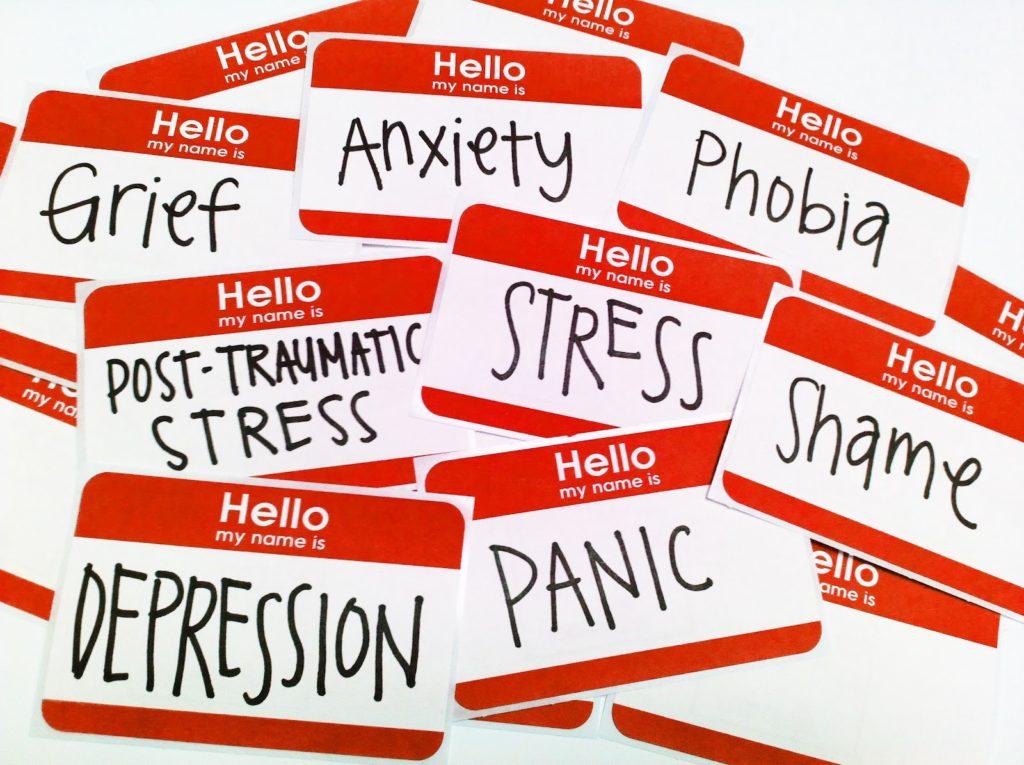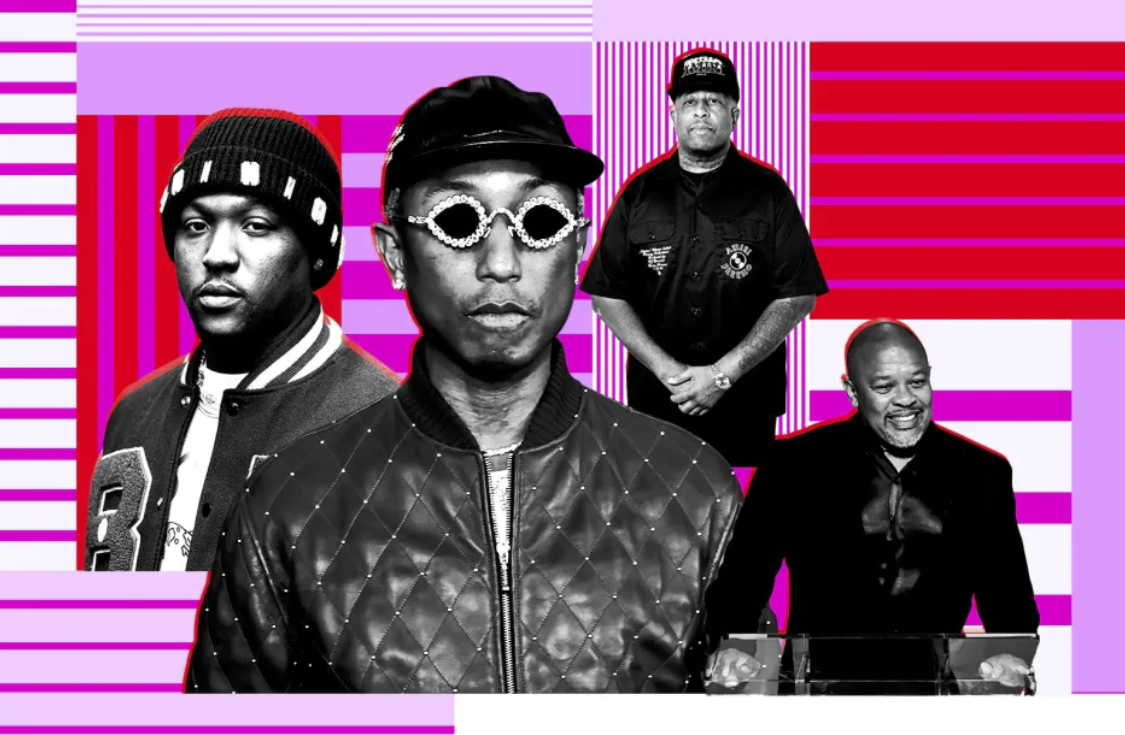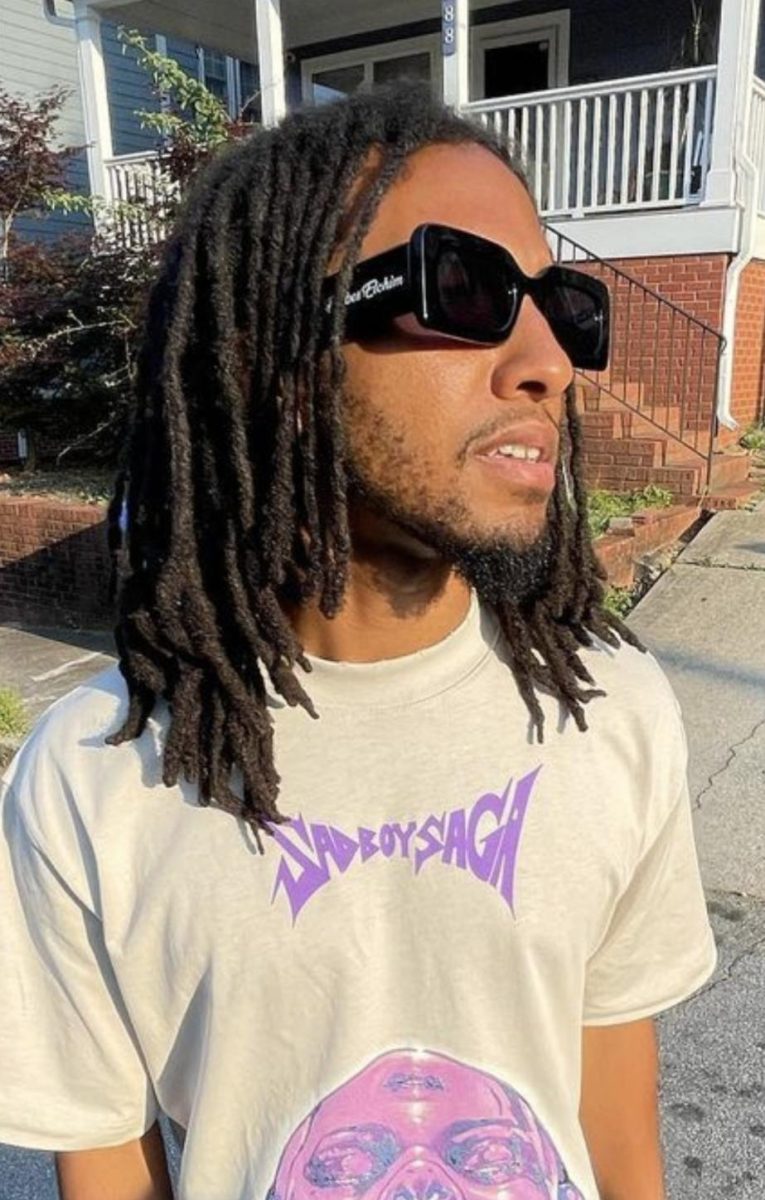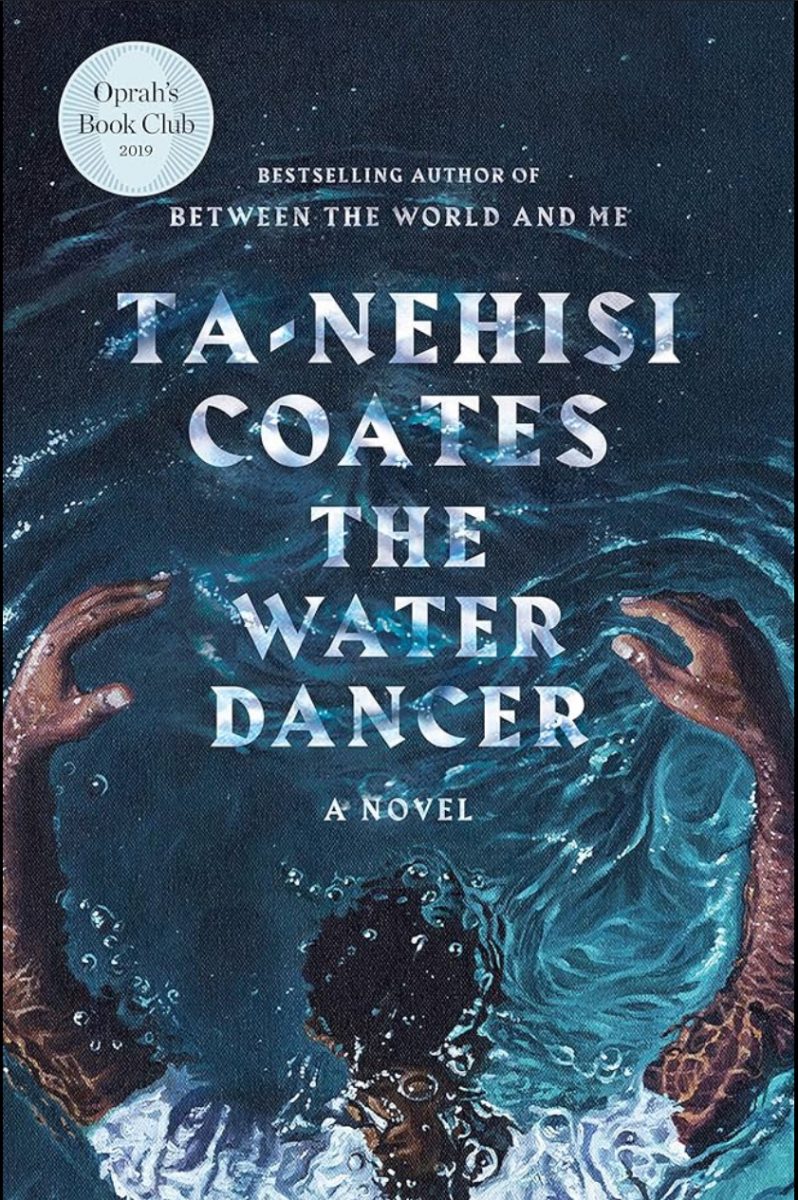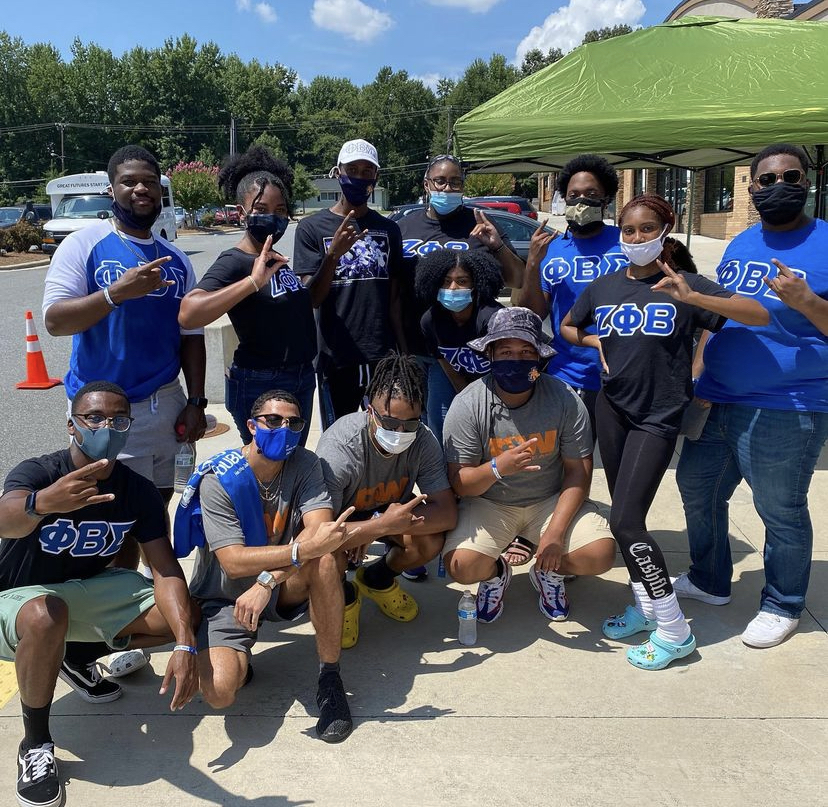By: Jazmine Devone
“According to the Health and Human Services Office of Minority Health, African Americans are
20% more likely to experience serious mental health problems than the general population.
Common mental health disorders among African Americans include: Major depression [and]
Attention deficit hyperactivity disorder (ADHD)” according to National Alliance on Mental
Illness.
Being aware of our mental health in the black community is critical yet overlooked too often. “I
think the lack of representation comes from disparities in the availability and affordability of
mental health services in primarily African-American demographic areas. Also, there could be an
underlying cultural notion that discourages or in some way dismisses sufferers of mental illness,”
said Elizabeth M. Taylor, senior psychology student and President of Active Minds.
“It turns out that black men in general do not get treatment for mental illness at the same rate as
other sufferers, though their rates of mental illness are just as high,” according to John Donvan of
National Public Radio. This was brought to public attention after Rep. Jesse Jackson Jr.'s recent
diagnosis of bipolar disorder. Surprisingly, Jackson was ashamed of his illness and kept it a
secret for a while before finally seeking treatment.
Why be ashamed of something you cannot control? It is important for African Americans – male
or female – to visit a physician regularly to maintain good health and remain familiar with their
bodies. Although depression is the most common form of mental illness in African Americans,
others still do exist.
For example, there are speculations that birth vaccinations were giving black children Autism
Spectrum Disorder. “I know there are certain drugs/ medicines that can have terrible side effects
and children can be born with Autism. I feel like that’s a horrible speculation, and I hope it’s not
true because if it is then that’s somewhat similar to the Tuskegee experiment. Doctors are not
supposed to give medicine of any kind without consent. That is why it is very important for
mothers to research and understand what vaccines the doctor is trying to give her and her child,”
said Taylor.
What was the Tuskegee experiment? The study initially involved 600 black men – 399 with
syphilis, 201 who did not have the disease. The study was conducted without the benefit of
patients' informed consent. Researchers told the men they were being treated for "bad blood," a
local term used to describe several ailments, including syphilis, anemia, and fatigue. In truth,
they did not receive the proper treatment needed to cure their illness according to Centers for
Disease Control and Prevention.
Awareness of your health in general is pivotal. According to Health and Human Services Office
of Minority Health, African Americans are 20% more likely to experience serious mental health
problems than the general population. Common mental health disorders among African
Americans include: Major depression, Attention deficit hyperactivity disorder (ADHD), suicide
(among young African American men), and Posttraumatic stress disorder (PTSD), because
According to National Alliance on Mental Health Illness, African Americans are also more likely
to commit violent crimes.
It is important for African Americans to be knowledgeable of these historical and current events
regarding mental health.
For more information on mental health check out the Suicide Awareness event on Sept. 21 st
outside of Williams Dining Hall from 11:00 a.m. to 1:30 p.m. hosted by Active Minds.

